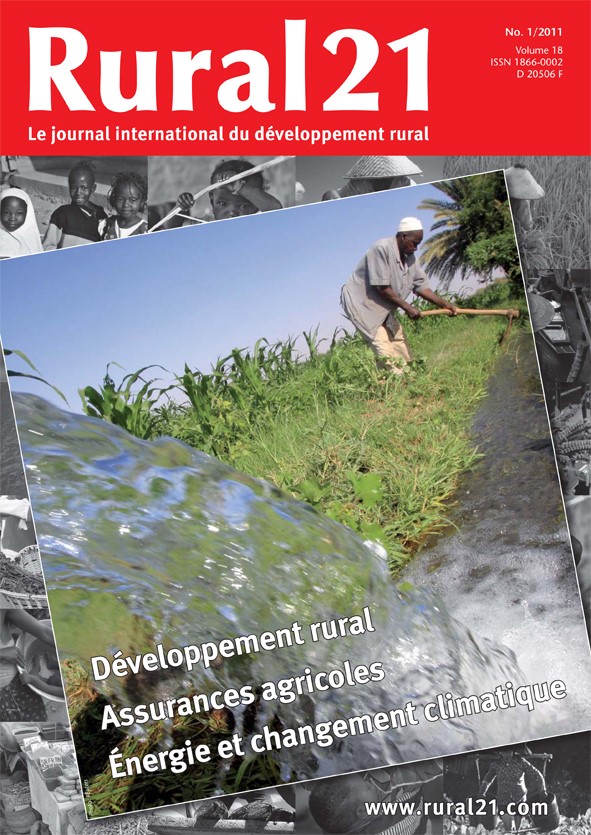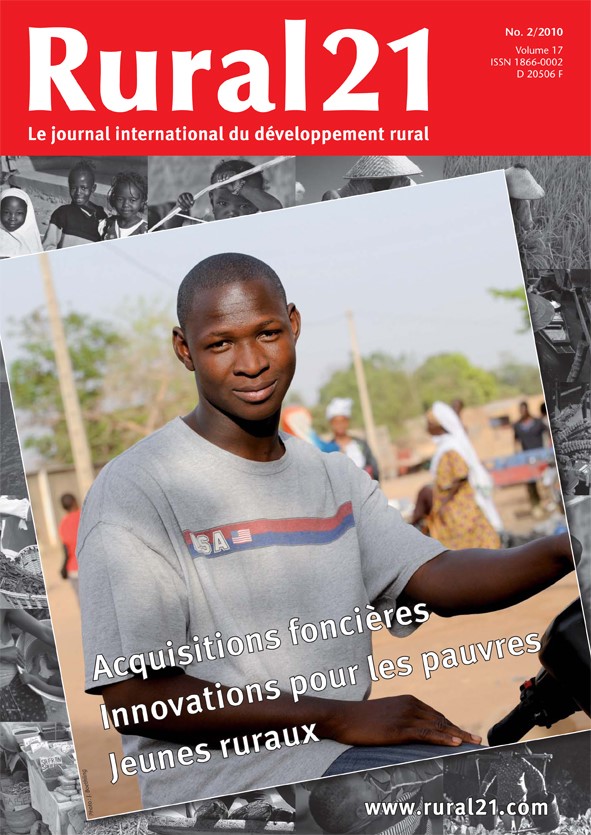Location
As a service provider in the field of international cooperation for sustainable development and international education work, we are dedicated to shaping a future worth living around the world. We have over 50 years of experience in a wide variety of areas, including economic development and employment promotion, energy and the environment, and peace and security. The diverse expertise of our federal enterprise is in demand around the globe – from the German Government, European Union institutions, the United Nations, the private sector, and governments of other countries. We work with businesses, civil society actors and research institutions, fostering successful interaction between development policy and other policy fields and areas of activity. Our main commissioning party is the German Federal Ministry for Economic Cooperation and Development (BMZ). The commissioning parties and cooperation partners all place their trust in GIZ, and we work with them to generate ideas for political, social and economic change, to develop these into concrete plans and to implement them. Since we are a public-benefit federal enterprise, German and European values are central to our work. Together with our partners in national governments worldwide and cooperation partners from the worlds of business, research and civil society, we work flexibly to deliver effective solutions that offer people better prospects and sustainably improve their living conditions.
Members:
Resources
Displaying 261 - 265 of 340Développement rural et agricole: tirer les leçons de l'expérience
Depuis quelques décennies, le développement rural est considéré comme le parent pauvre de la coopération au développement. L’article qui suit explique les raisons de
ce comportement et décrit de quelle manière il est possible d’exploiter le renouveau d’intérêt actuel pour les régions rurales.
Une solution pour revitaliser le secteur agricole en Afrique : le Programme détaillé pour le développement de l'agriculture africaine (PDDAA)
Le PDDAA est un plan ambitieux de la Communauté des États africains, qui vise à revitaliser la politique agricole du continent et à faire de l'agriculture un instrument essentiel de croissance économique et de réduction de la pauvreté et de la faim. Les résultats obtenus par le PDDAA en termes d'amélioration de la visibilité de l'agriculture africaine au niveau international sont incontestables.
La gestion des risques grâce aux assurances agricoles
Les petits paysans dans les pays en développement ne peuvent pas, à eux seuls, absorber plus longtemps les conséquences massives du changement climatique au moyen de leurs stratégies traditionnelles de gestion des risques. Ils doivent bien plus se mettre en quête d'instruments de gestion des risques qui tiennent compte de la nouvelle dimension de ces dangers.
Développement des zones rurales en faveur de la sécurité alimentaire : la stratégie de la politique allemande du développement
Le développement rural et la sécurité alimentaire mondiale sont parmi les principales préoccupations de la politique allemande du développement. L’Allemagne est un des moteurs de l’Initiative de L’Aquila sur la sécurité alimentaire
lancée lors du sommet du G8 de 2009. La nouvelle stratégie du ministère fédéral allemand du développement en matière de développement rural, présentée cidessous en termes généraux, a pour but de vérifi er que les fonds engagés dans ce domaine sont utilisés de manière effi cace et dans le respect de l’esprit de l’initiative.
Comment les petits exploitants peuvent-ils réagir au changement climatique ?
L'eau est un bien précieux dans les régions semi-arides du Rajasthan, en Inde. En outre, le changement climatique exerce une pression supplémentaire sur les ressources rares. Des précipitations irrégulières, voire inexistantes, obligent un grand nombre de petits paysans à abandonner au moins temporairement leurs champs, afin de chercher du travail dans les villes.



